Algorithms in Java, Part 5: Graph Algorithms (3rd Edition) (Pt.5) eBook
$13.00
- Delivery: Can be download immediately after purchasing. For new customer, we need process for verification from 30 mins to 24 hours.
- Version: PDF/EPUB. If you need another version, please Contact us
- Quality: Full page, full content, high quality images, searchable text and you can print it.
- Compatible Devices: Can be read on any devices (Kindle, NOOK, Android/IOS devices, Windows, MAC,..).
- e-Book Features: Purchase and read your book immediately, access your eTextbook anytime and anywhere, unlimited download and share with friends.
- Note: If you do not receive the download link within 15 minutes of your purchase, please Contact us. Thank you!
This magnificent tour de force presents a comprehensive overview of a wide variety of algorithms and the analysis of them. Now in its third edition, The Art of Computer Programming, Volume I: Fundamental Algorithms contains substantial revisions by the author and includes numerous new exercises.
Although this book was conceived several decades ago, it is still a timeless classic. One of the book’s greatest strengths is the wonderful collection of problems that accompany each chapter. The author has chosen problems carefully and indexed them according to difficulty. Solving a substantial number of these problems will help you gain a solid understanding of the issues surrounding the given topic. Furthermore, the exercises feature a variety of classic problems.
Fundamental Algorithms begins with mathematical preliminaries. The first section offers a good grounding in a variety of useful mathematical tools: proof techniques, combinatorics, and elementary number theory. Knuth then details the MIX processor, a virtual machine architecture that serves as the programming target for subsequent discussions. This wonderful section comprehensively covers the principles of simple machine architecture, beginning with a register-level discussion of the instruction set. A later discussion of a simulator for this machine includes an excellent description of the principles underlying the implementation of subroutines and co-routines. Implementing such a simulator is an excellent introduction to computer design.
In the second section, Knuth covers data structures–stacks, queues, lists, arrays, and trees–and presents implementations (in MIX assembly) along with techniques for manipulating these structures. Knuth follows many of the algorithms with careful time and space analysis. In the section on tree structures, the discussion includes a series of interesting problems concerning the combinatorics of trees (counting distinct trees of a particular form, for example) and some particularly interesting applications. Also featured is a discussion of Huffmann encoding and, in the section on lists, an excellent introduction to garbage collection algorithms and the difficult challenges associated with such a task. The book closes with a discussion of dynamic allocation algorithms.
The clear writing in Fundamental Algorithms is enhanced by Knuth’s dry humor and the historical discussions that accompany the technical matter. Overall, this text is one of the great classics of computer programming literature–it’s not an easy book to grasp, but one that any true programmer will study with pleasure.
Be the first to review “Algorithms in Java, Part 5: Graph Algorithms (3rd Edition) (Pt.5) eBook” Cancel reply
Related products
Algorithms and Data Structures
Algorithms and Data Structures
Algorithms and Data Structures
Algorithms and Data Structures
Algorithms and Data Structures
Algorithms and Data Structures
Understanding Compression: Data Compression for Modern Developers eBook
Algorithms and Data Structures
Algorithms and Data Structures

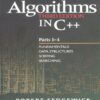
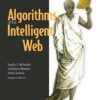
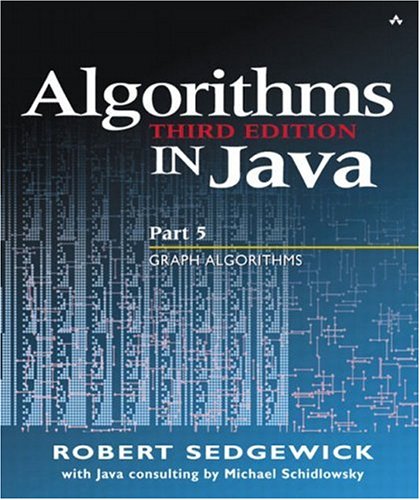
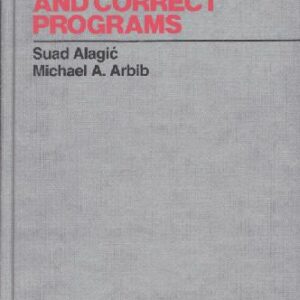
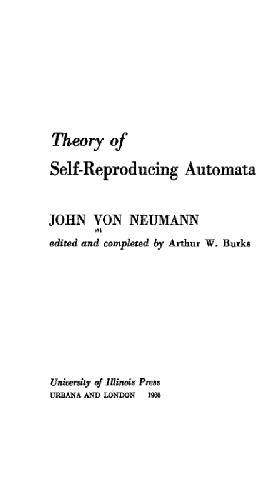

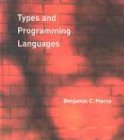

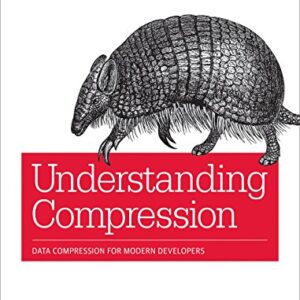
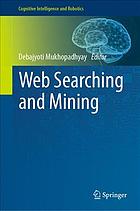
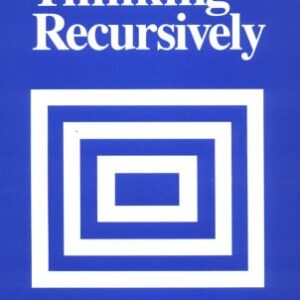
Reviews
There are no reviews yet.